Pierre-Yves Lapersonne
Software crafter and digital punker keen on open source, iOS and Android apps. Interested in software ecodesign, privacy and accessibility too. pylapersonne.info
- 89 Posts
- 88 Comments
If you are worried about your privacy, yes, you must get rid of Google Play Services. However a majors part of your apps may be broken as too much rely on this services and only in those services.
If you want apps to based on this layer of Google mess, have a look on some open spruce alternatives of your favorite apps. Maybe some of them won’t embed Google Play Services. But keep in mind you may lose some features like notifications from Google devices or fine tunes location.
You can have a look on microG or Open GApps for alternatives. However you may need to hack your device to flash them.
What you can do, for example:
- check if you can flash alternatives (possible to root and before unlock the boot loader)
- maybe check if you can flash another ROM ; projects list the compatible devices. Have a look on LineageOS, GrapheneOS or also /e/OS
Yep, it seems it is, but it can manage KDBX files. Just wanted to share 😄
Edit: sorry, didn’t see this thread is in Android community, my comment is not relevant for this platform.
You can use also for example Strongbox (https://github.com/strongbox-password-safe)
Edit: sorry, didn’t see this thread is in Android community, my comment is not relevant for this platform. For Android I am used to Keepass2Android (https://github.com/PhilippC/keepass2android). Simple, still maintained, under libre licence GPL 3.0.
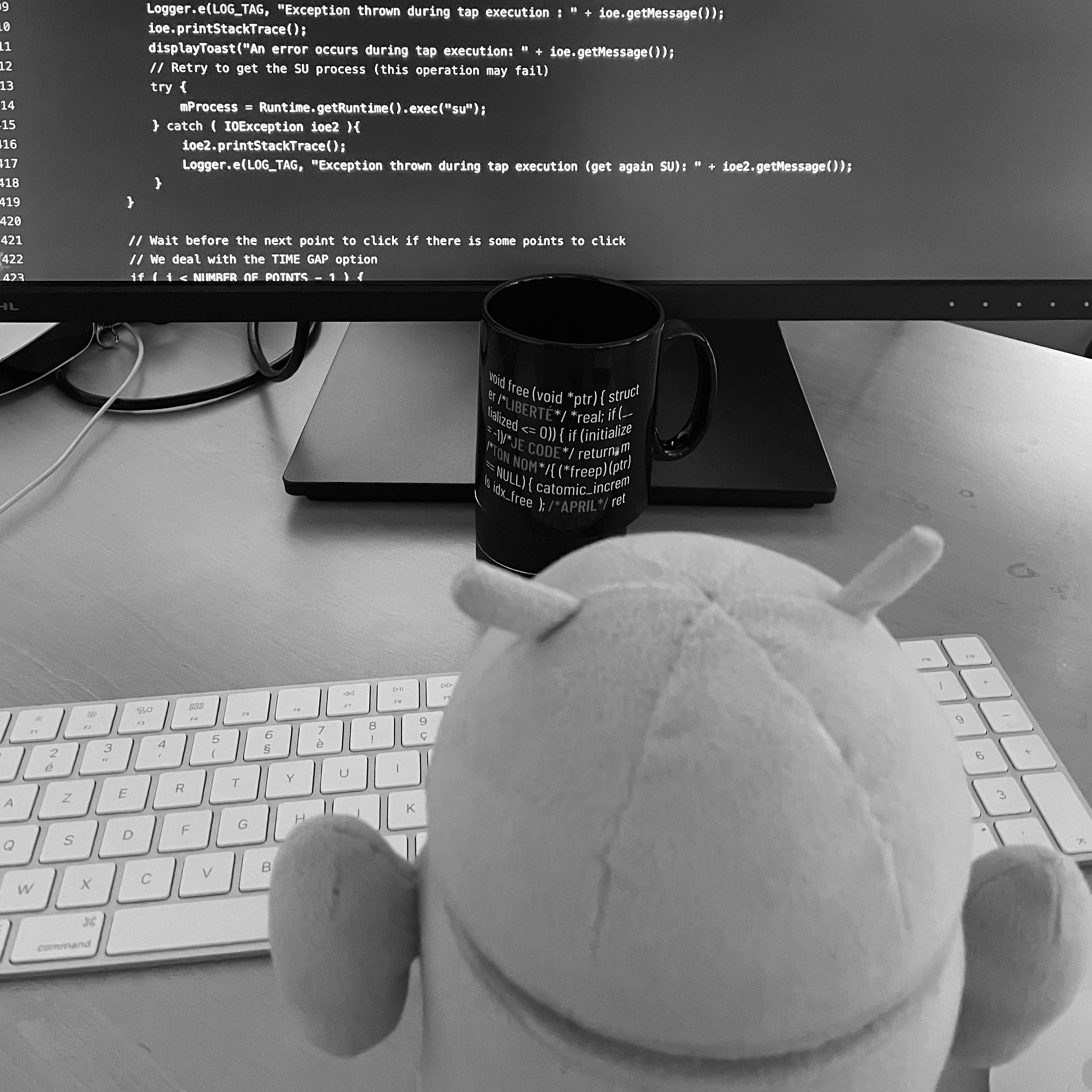
 3·16 days ago
3·16 days agoIt is always the same issues in fact. You should consider your threat model before all. Then, consider the Signal app, then your iPhone supposed to be updated, trusted, with ADP enabled, biometric lock with erasure after 10 failures, etc. Then consider your ISP, then your country. Etc, etc. You should also compare the contexts. Is an iPhone “better” than a low or middle ranges Android-powered smartphones? For sure, yes. Is it better than high-range expansive smartphones with Android ? Or Pixel ones? Not that sure. And compared to GrapheneOS or /e/? Pretty sure not that much. You can also compare messaging solutions. Is Signal better than WhatApp? Of course yes. But what about XMPP and Matrix for example?
And what are your use cases? Remember your threat model. If you are an activist, a journalist or a whistleblower your needs may be different than a “commons citizen worried about its privacy.
In few words, the only pain point I see is the fact than iOS is proprietary and runs non libre source code and Apple devices than APN. But Android devices are not so much different. It does not mean the solution is not private or efficient, if we succeed in defining a definition of “private or efficient”.
In a nutshell, it could be considered as good. But not perfect.

 6·2 months ago
6·2 months agoAny ideas for E2E encrypted storage alternatives?
Not sure of that, maybe we need some case law or update on existing copyleft licenses. Source code generated with GenAI tool, even if their model have been trained with corpora of copyleft sources, are not (yet) considered as derivative works. What a pitty.
Could be interesting. Non-free and current GenAI tools violate copyright, we may consider some evolutions of copyfarleft licenses to forbid such use of source code in these types of tools.
And nice comment spotted there: https://fosstodon.org/@geraldew/113849843708286036

 51·4 months ago
51·4 months agoJust wanted to share for the common knowledge and the debate as I already saw here some “post open source” and content about rubbish licenses like SSPL or BSL 😉

 2·4 months ago
2·4 months agoEnshitification made third-party apps disappeared. Prefer true open source project instead like Pixelfed for example.

 7·4 months ago
7·4 months agoBe sure also the issues you have in your project have the suitable labels to help future contributors to pick easily some of them, i.e. labels like “help wanted” or “good first issue”.
You can also refer to best practices listed and explained for example in Advent of Open Source so as to have a nice and user-friendly repo: https://adventofopensource.com/
Have a look on Organic Maps (https://organicmaps.app) or OSMAnd for example (https://osmand.net/).
Wow, you mean that Flock 😅

 21·6 months ago
21·6 months agoBTW I hope any project won’t increase the Z version only by including Dependabot commits, it would be insane. Release must be documented, tested, with CHANGELOG updated. If some maintainers just accept Dependabot commits without checking, move away. That’s just simple crappy auto-merge.

 2·6 months ago
2·6 months agoNice idea 👍
Whatever the solution behind is, if you have the resources, move to something self-hosted. Open core or not, if that topic matters to you, you might need something you can own and control. BTW, have a look on Forgejo, Codeberg and Gitea: these are the solutions I see when people look for something FLOSS, not open core, and maybe self-hostable.
It depends of the project in fact. You should reach the community and maintainers by joining them in their Discord / Slack / Matrix / whatever. They may be able to help you.
You can create first an issue, asking for improvements and create a discussion airy the maintainers so as to know which languages are not managed yet and if they are interested in new support. Explains also why you can bring good translations (e.g. native speaker, teacher, etc). It sill help to bring confidence.
Then create a pull / merge request with the updated files. For example, strings.xml ob Android, .strings in iOS, etc. But beware, localisation is not only a matter of translations. You may have also to support new languages and formats for figures, currencies, or dates for example.
Do not use translations services. Project maintainers are able to use them, and in plenty of cases the translations are not good at all or loose details.
I would have said in fact Matrix or XMPP-based solutions but it seems you already have spotted them. Maybe Mattermost?

 2·7 months ago
2·7 months agoThe project here is not under an open source license as defined by the 10 criteria of the Open Source Initiative. There is the only acceptable definition of what is open source today, and you can refer to it by clicking on this hyperlink: https://opensource.org/osd
The publication will be deleted as out of topic.

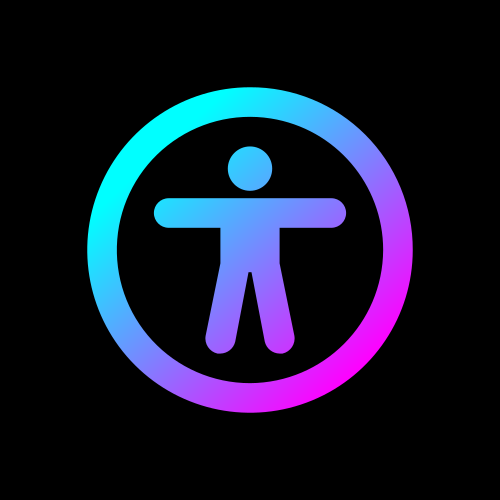









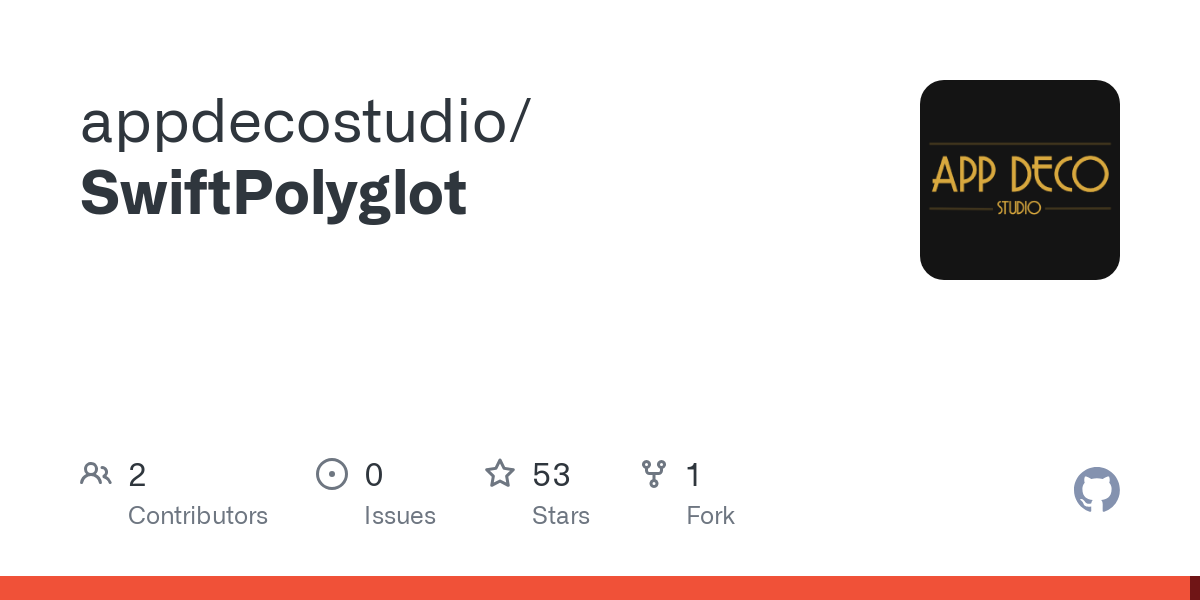
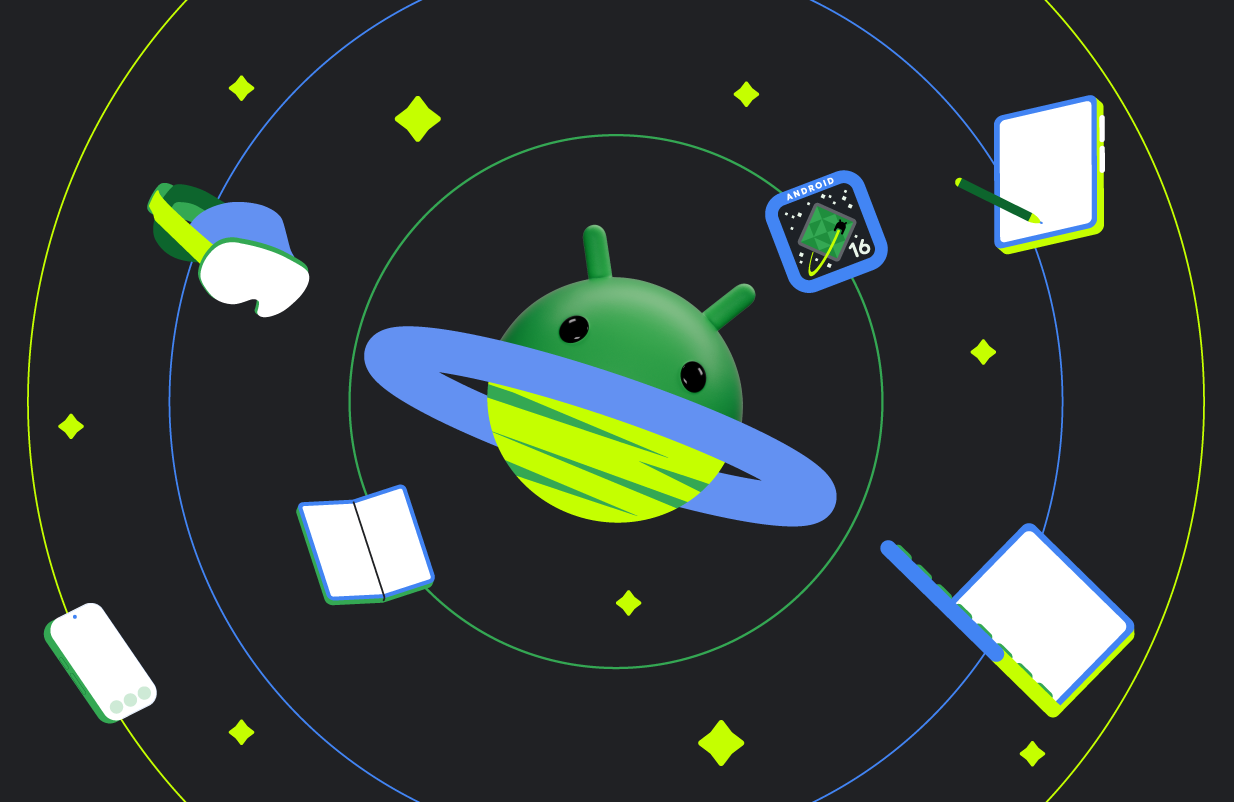

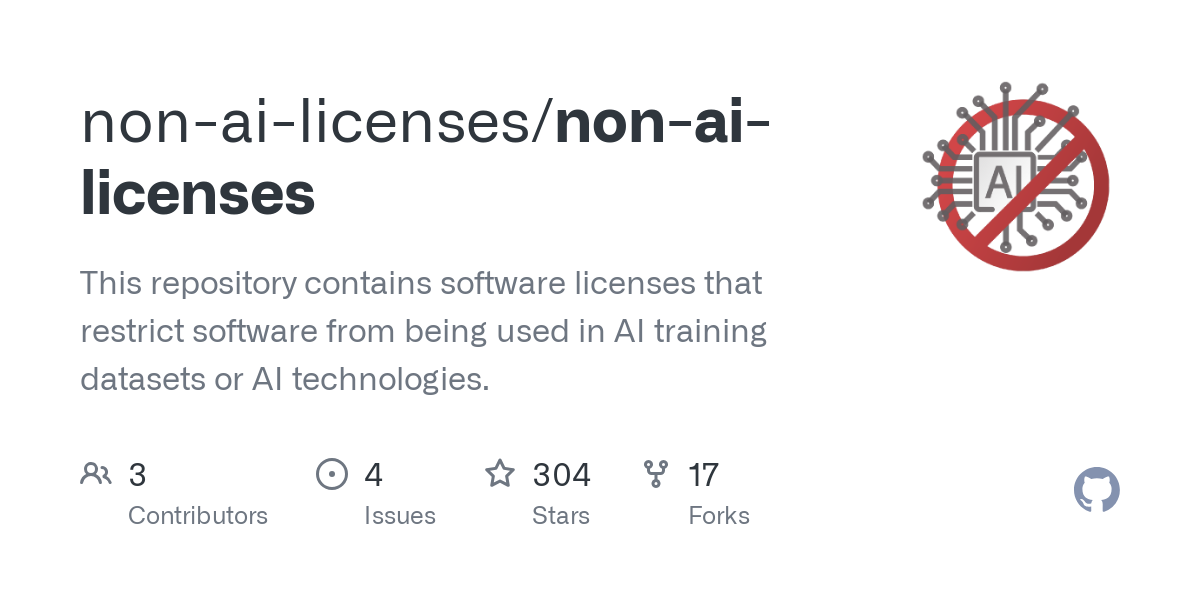
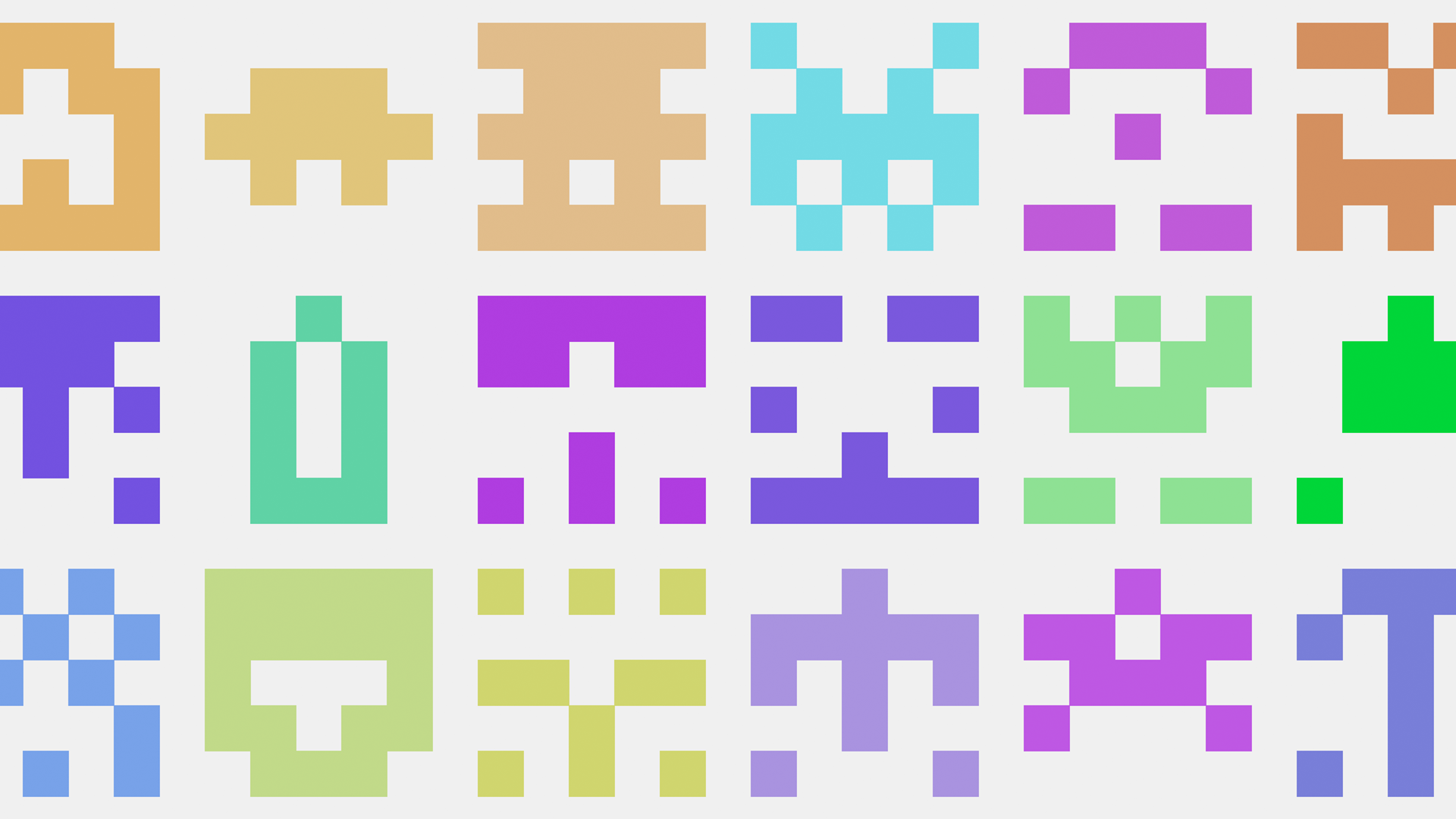
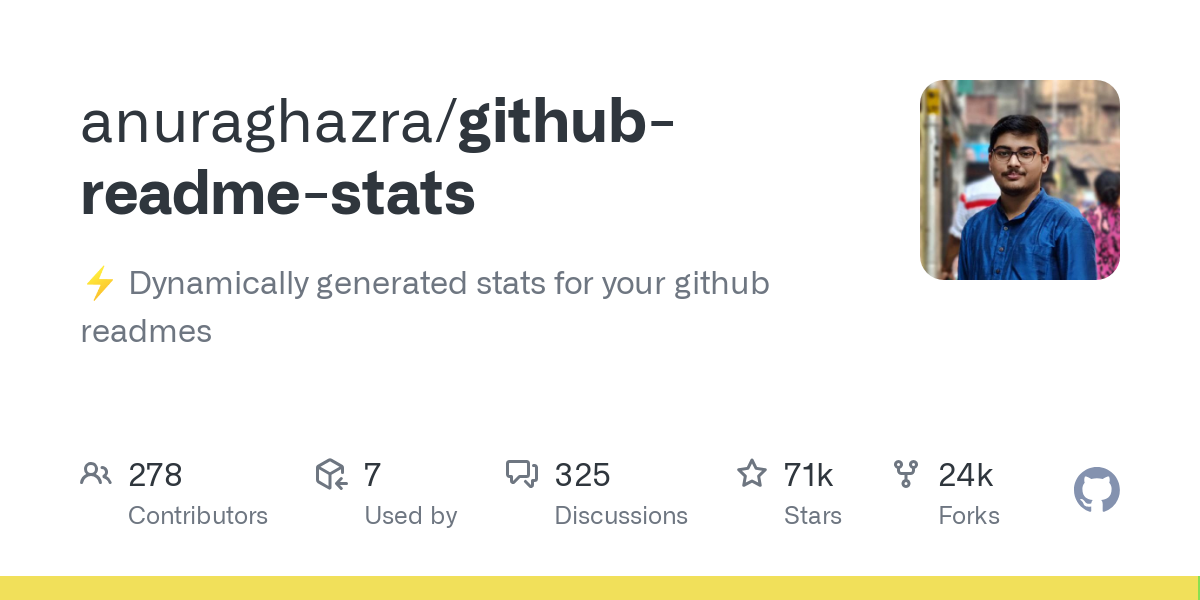
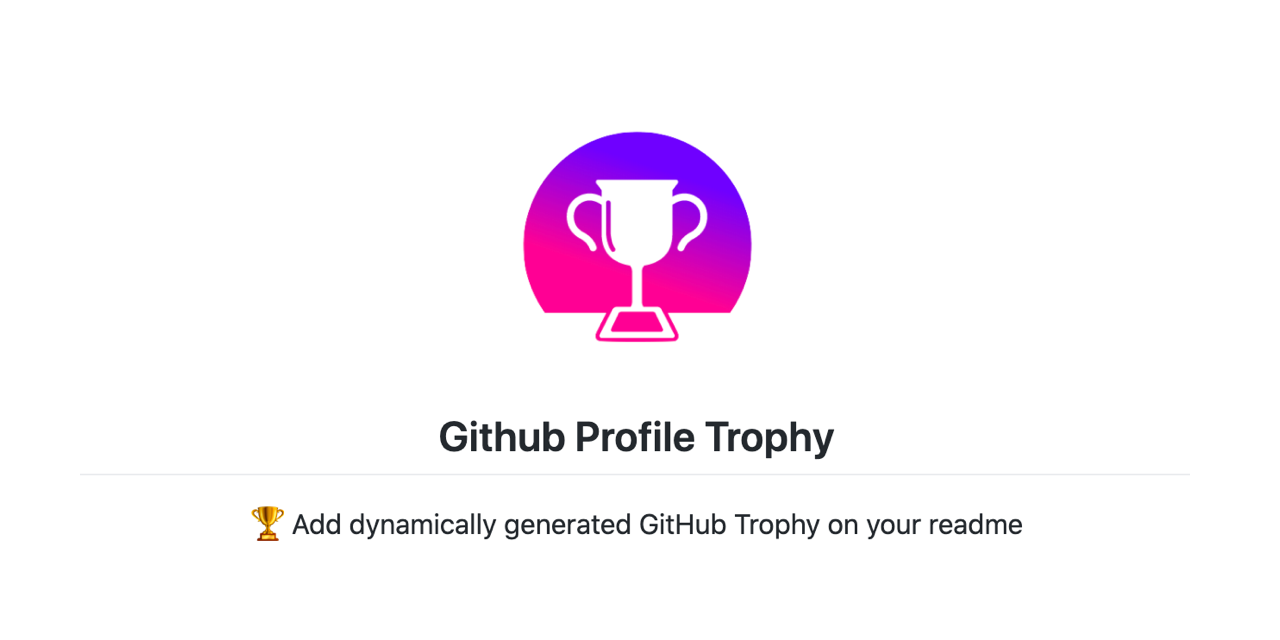
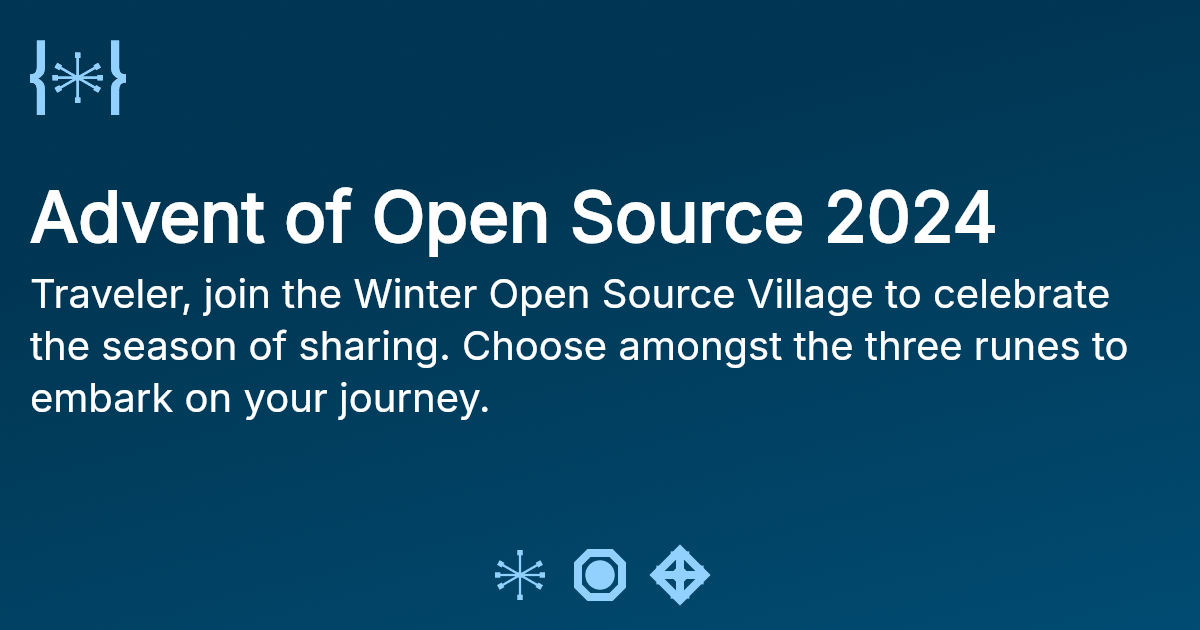
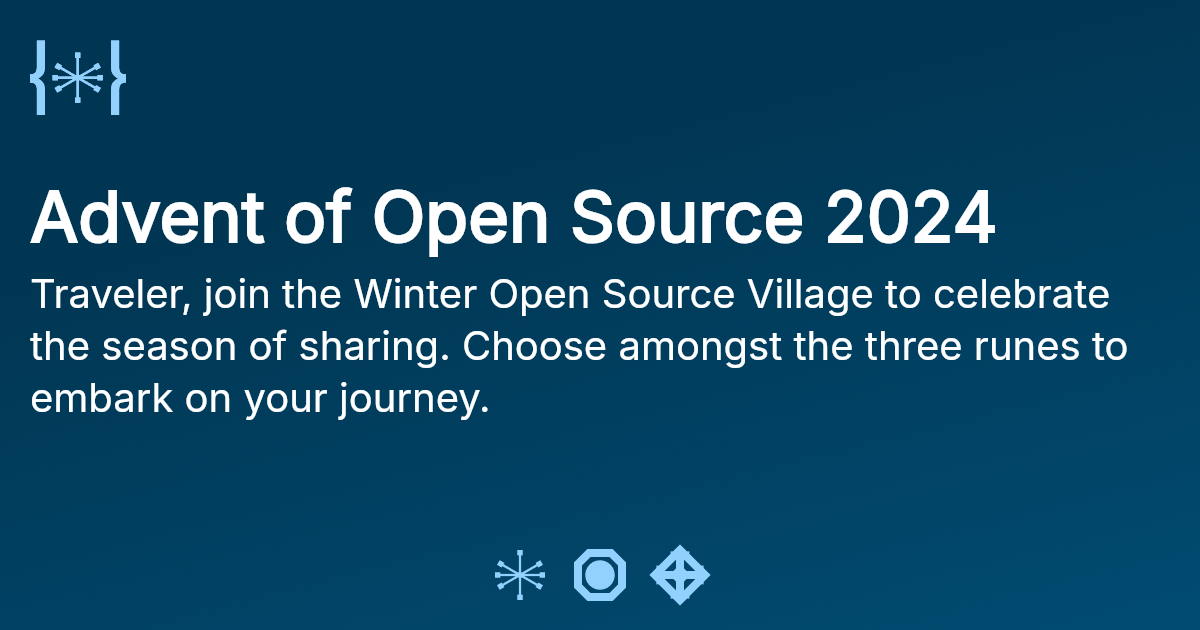



It seems the “radical” organisations like the FSF or the OES were right and more legitimate in the end.